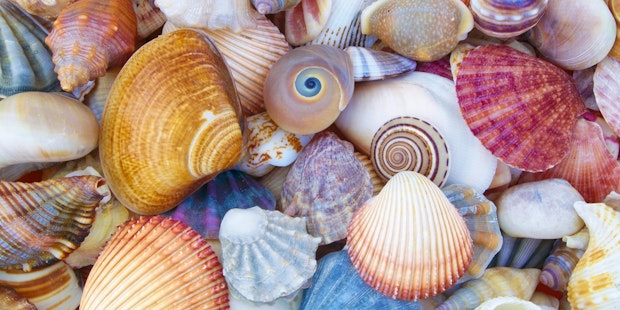Operation Beach Clean-Up
Work together to save a family favorite destination, our beaches
Discovery Place Kids Rockingham
Some of the most popular summer vacation spots for families all over the country are our beaches, and we’re lucky enough to have these incredible destinations right in our backyard. While a trip to the beach provides endless educational opportunities for kids (counting shells, identifying sea animals and the health benefits of swimming, to name a few) it is also a great way to introduce the concept of recycling and keeping our oceans healthy. Follow along on our Operation Beach Clean Up and implement these fun activities on your next vacation!
What is Pollution?
Pollution is the presence or introduction into the environment of a substance or thing that has harmful or poisonous effects. It can come in many forms but one of the most common ways pollution inhabits beaches is trash being left behind. Trash makes up the majority of what eventually becomes marine debris, polluting our waterways and oceans. Plastic, especially, is found floating at the surface of water, suspended in the water column or on the bottom of almost all water bodies. It’s transported through currents and is often eaten by birds and fish, concentrating toxic chemicals in their tissues and filling their stomachs causing them to starve.
For more information, click here.
Why should we help?
When we take a step back and realize that 97% of our Earth is covered by oceans, which produce 50% of the oxygen the world needs to breathe, change is imperative.
How to get kids involved
Our little humans are our greatest hope for change! Here are some fun activities you can incorporate on your next beach trip that will spark a conversation about our oceans are and how important it is to protect them.
- Walk the beach and comb for shells
- Beyond looking pretty, shells play an important role for our oceans. Certain animals such as crabs use shells for protection and camouflage. They are also mostly made from calcium carbonate, which dissolves back into the ocean and is a natural block for ocean acidification. While walking on the beach try and identify certain shells. See if they have creatures in them or if they are fossilized. Then, put them back. Teach little ones that they are an important part of the ocean and should stay where we find them so other people (and animals!) can enjoy them, too. Do even more by bringing along a trash bag and picking up left-behind items such as plastic bottles and broken flip flops. For more information on ocean acidification, click here.
- Learn about pollution before heading to the beach
- A fun and silly way to teach kids about water pollution is to take a bunch of clean, recycled items and put them in the bathtub with them. Then, talk about what this would feel like to animals in the ocean and ways to recycle these items instead of tossing them near or in water. Once you’re at the beach, let them search for different kinds of trash to throw away and recycle.
- Reuse Old Items
- Yes, recycling can be about picking up discarded items and properly disposing of them but it's also finding a new use for an old item instead of throwing it away. When you’re doing your beach clean-up pay attention to the types of items you find. Did you find cans? Some bottles? These can be turned into beautiful works of art. You can even start doing this at home. Plastic takeout containers become containers for leftovers, reducing the need to purchase Tupperware. Did you find a lot of straws? Take the opportunity to explain how disposable straws can be eliminated and let the kids pick out fun reusable straws for their drinks.
- Research restaurants that use sustainably sourced seafood
- What’s better than fresh fish at a beach town? If you’re a family that loves good seafood on vacation (and home!) a way to save oceans is to eat sustainably sourced fish. By eating fish that is more abundant instead of fish that is at risk due to overfishing, you can make a real difference. For more information on how to find sustainably sourced fish, click here.



